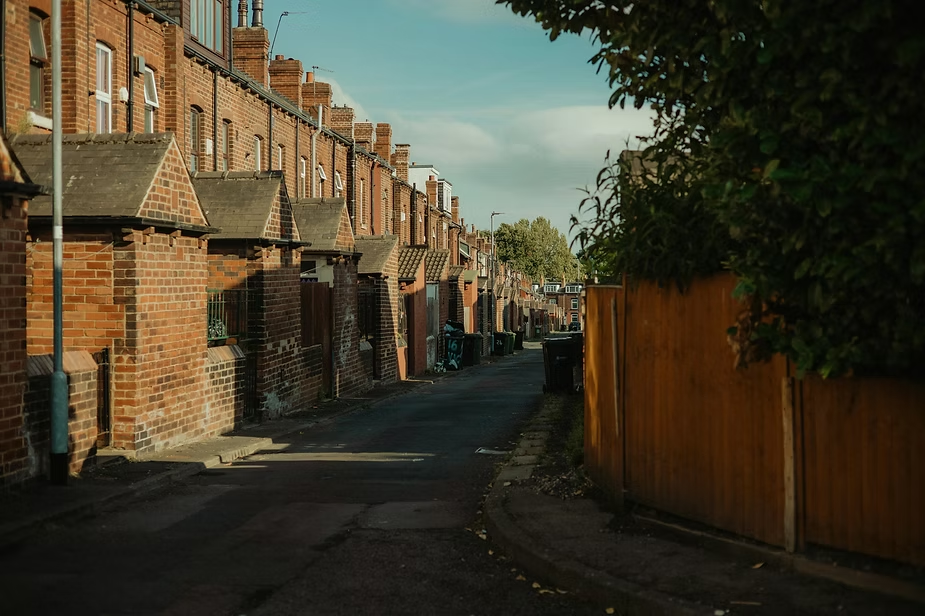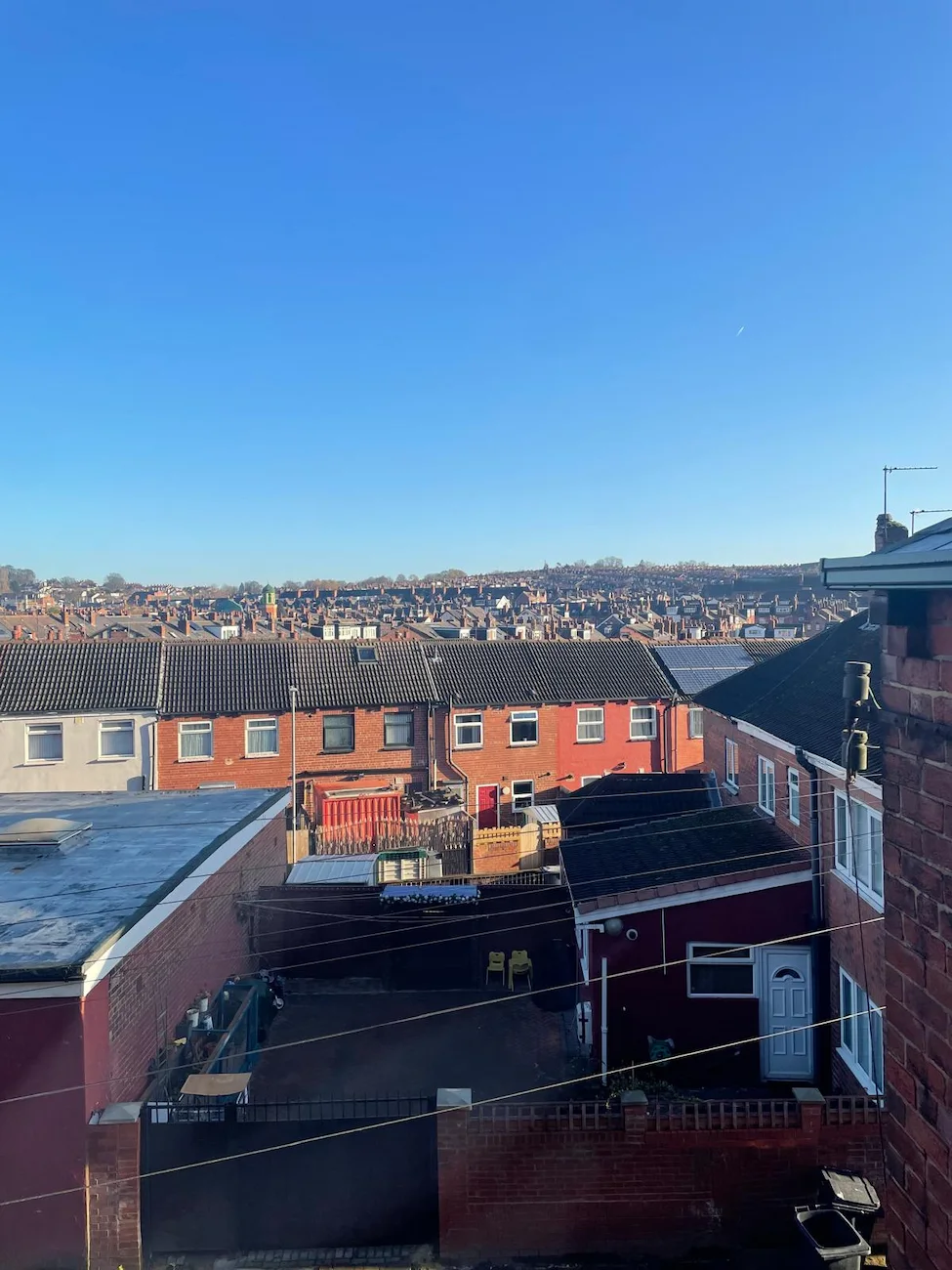The Landscape Has Changed. So Should Your Strategy
If you’re looking to invest in property in 2025, the days of “buy and hope” are over.
Between shifting regulations, evolving tax policies and rising energy standards, success now relies on clarity, planning and knowing what to look for.
At Roberts Renovations, we’ve built our business on identifying value. We invest ourselves, and we support our clients with the same rigour and strategy we apply to our own portfolio.
Smart investing isn’t about chasing the highest yield or lowest price. It’s about seeing the full picture: income, growth, tax planning and value add.
Here’s how we approach property investment in 2025, and how we help others do the same.
Start With Yield. But Don’t Stop There
Rental yield is a useful starting point. It shows how much rent a property generates as a percentage of the purchase price. But it doesn’t tell the whole story.
We’ve seen plenty of high-yield properties in areas with poor tenant demand or minimal long-term growth. A strong yield alone isn’t enough.
We focus on finding well-balanced investments with solid fundamentals such as transport links, tenant demand, regeneration plans and room to grow.
We’ve broken down how to calculate and interpret yield in our Rental Yield Explained blog, but the key point is this. Yield helps filter deals. It doesn’t define a good one.
Real ROI Means More Than a Quick Return
Return on investment (ROI) gives a more complete view than yield. It includes everything you spend, from purchase price and renovation costs to legal fees, taxes and borrowing.
At Roberts Renovations, we aim for a minimum ROI of 10% annually over a five-year period for the buy-to-let properties we retain. That target is based on refinancing after a renovation and holding for income and capital growth.
Your outcome will depend on the structure of the deal. For example:
- Are you buying and refurbishing with cash, or using finance?
- Will you mortgage immediately or after the works are complete?
- How are you managing costs and holding the asset?
Each approach changes the equation. We explore these trade-offs in our ROI in Property Investment blog.
Where Growth Happens: Capital Appreciation in 2025
Capital growth builds long-term wealth. And in today’s market, regional insight matters more than ever.
We closely track areas across Leeds, York, Harrogate and Bradford where demand is rising and pricing still offers value. Several Leeds postcodes have seen price increases of over 34% in the last five years, well above national averages.
According to Savills, house prices in Yorkshire are expected to grow by 28.2% between 2024 and 2028. That projection reflects what we’re seeing on the ground — consistent buyer demand, major infrastructure improvements and long-term potential.
Our Capital Appreciation blog outlines the specific factors we consider when targeting areas for growth.
Renovation Potential: The Hidden Multiplier
A well-managed renovation can transform your returns. Whether you’re boosting yield or creating long-term equity, smart improvements make the numbers work harder.
We often carry out energy efficiency upgrades. Improvements like insulation, double glazing and modern heating systems can push an EPC rating from an E to a C, improve refinance outcomes and attract more reliable tenants.
But that’s just part of the picture. Renovation is also about lifestyle and usability. Some of the highest value gains come from:
- Kitchen and bathroom replacements
- Smart internal reconfigurations
- Loft conversions, rear extensions and permitted development upgrades
We approach each project with the end goal in mind. You can read more in our Renovations That Add Value and EPC Improvements blogs.
Stamp Duty and Tax in 2025: What You Need to Know
Changes to stamp duty rules in April 2025 have reshaped the numbers for many investors. Buyers of second homes or company-owned properties face different thresholds and bandings, which can affect affordability and cash flow planning.
Understanding these costs upfront is essential. They impact your offer, your borrowing and your return calculations.
In our Stamp Duty Changes in 2025 blog, we break down the key changes and how they affect different buyer types. We also highlight ways to plan around them depending on your goals.
It’s often overlooked, but this one detail can be the difference between a good deal and a stretched budget.
Personal Name or Limited Company?
One of the most important decisions you’ll make is whether to buy in your own name or set up a limited company.
This choice affects your tax obligations, mortgage options and long-term strategy. For landlords looking to scale, a company structure can offer flexibility and potential savings. For others, especially first-time investors, personal ownership might be simpler and more accessible.
We always talk through both options with clients before any purchase. There’s no one-size-fits-all solution — it depends on your income, how many properties you plan to own and how long you’ll hold them.
You can get a fuller breakdown in our Buying Property in a Business vs Personal Name blog.
How We Help Investors Build Smarter Portfolios
At Roberts Renovations, we invest for ourselves and for others. Our preferred strategy is to buy, renovate, rent, refinance and repeat. But we’re open to flipping properties where the right margin is available.
We treat every opportunity with the same due diligence we apply to our own portfolio. That means:
- Finding discounted or off-market deals
- Project-managing value-driven renovations
- Helping you plan for refinancing, letting or resale
- Offering hands-on, transparent support every step of the way
We work with landlords, first-time investors and professionals across the UK and beyond. If you want to grow a sustainable, profitable portfolio, we’re here to help.
You can learn more about how we work in our Property Sourcing Service section.
Ready to Invest Smarter?
We believe in investing with purpose — not guesswork. Whether you're building your first buy-to-let or scaling a portfolio, we can help you identify opportunities, unlock hidden value and build long-term returns.
We’ve done this for ourselves and now support others using the same practical, proven approach. If you’re serious about investing, we’re ready to help you do it right.
👉 Get in touch with Roberts Renovations to start the conversation.
Frequently Asked Questions
What makes a smart property investment in 2025?
A smart investment balances strong rental yield, realistic ROI, and long-term capital growth potential. It should also consider renovation potential, EPC rating improvements, and any changes to tax or stamp duty rules that could affect your return.
How do I decide between personal or company ownership?
This depends on your goals and tax position. If you're planning to grow a portfolio, a limited company may offer better tax efficiency and flexibility. For smaller or first-time investments, personal ownership might be more straightforward. We always recommend getting tailored advice before committing.
Can I still find good investment opportunities in Yorkshire?
Yes. Yorkshire continues to offer below-market opportunities in cities like Leeds, Bradford, York, Wakefield and Harrogate. These areas show strong tenant demand, solid yields, and capital growth potential, especially when paired with smart renovations.
How does Roberts Renovations support investors?
We help clients find, assess, and add value to properties through our property sourcing and renovation management services. From deal analysis to project delivery, we bring hands-on experience to each stage — whether you're based locally or investing remotely.
What return on investment should I aim for?
We aim for a minimum 10% annual ROI over a five-year period for buy-to-let properties. Actual returns will vary depending on your financing strategy, renovation scope and local market performance. We help clients run the numbers clearly before making a purchase.


.jpeg)




